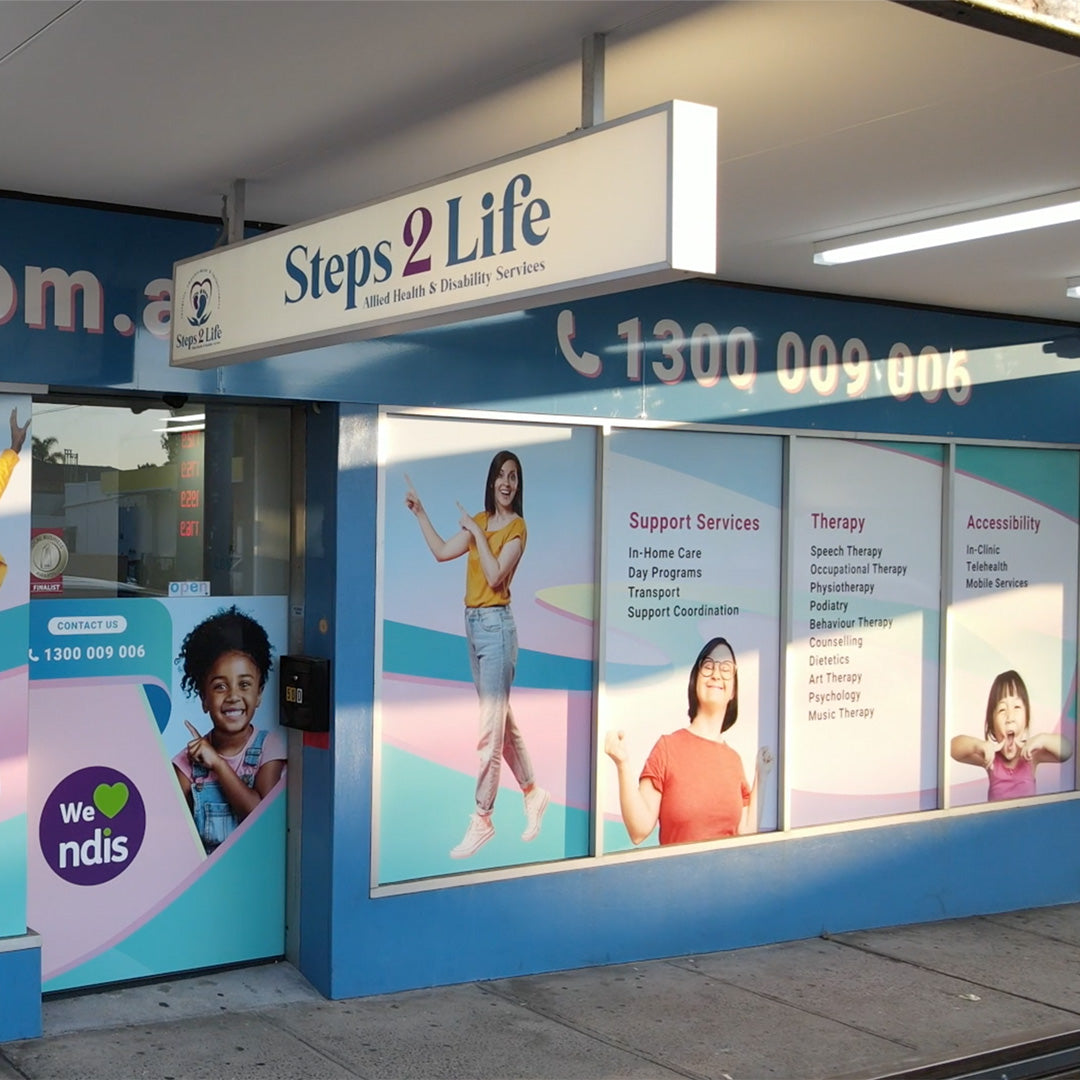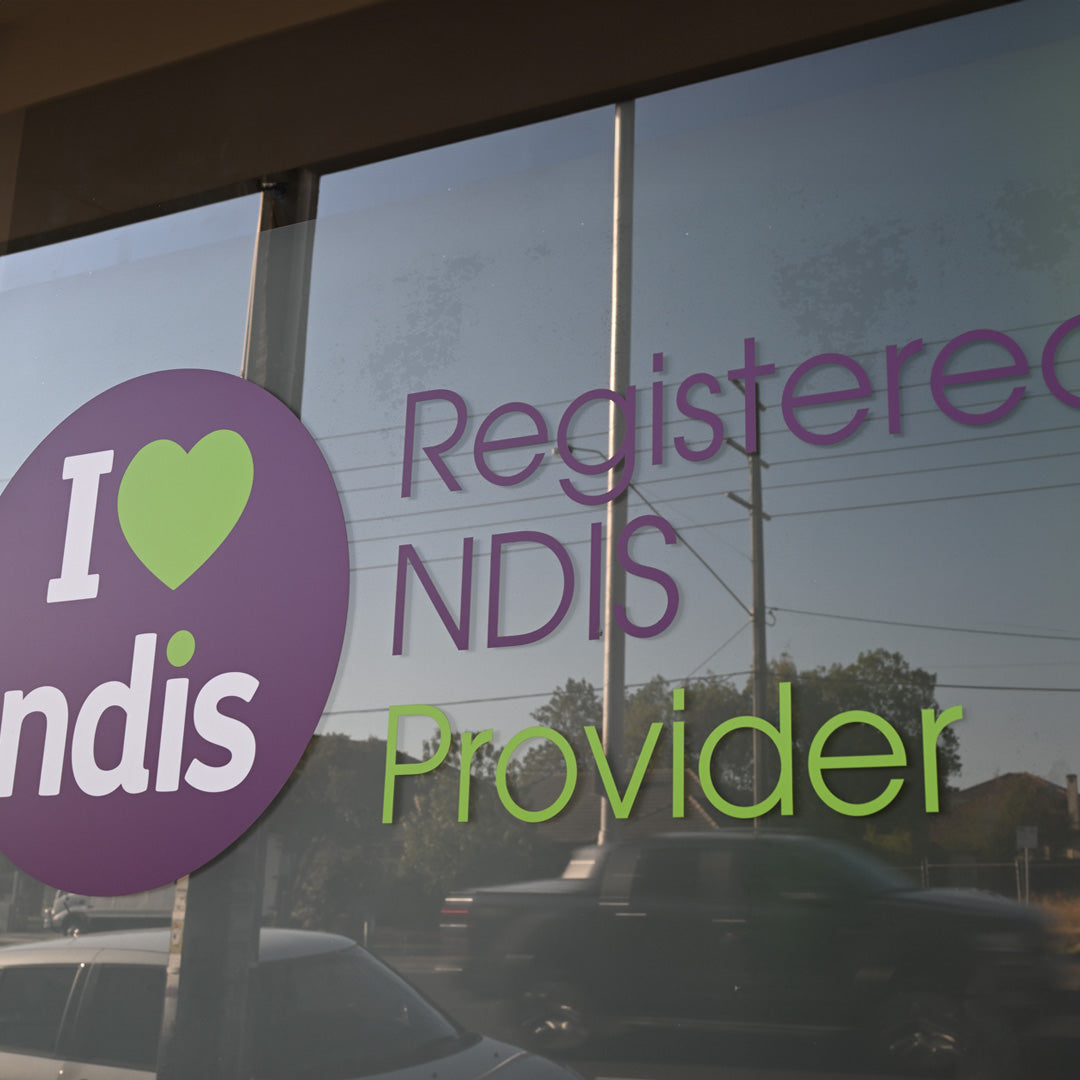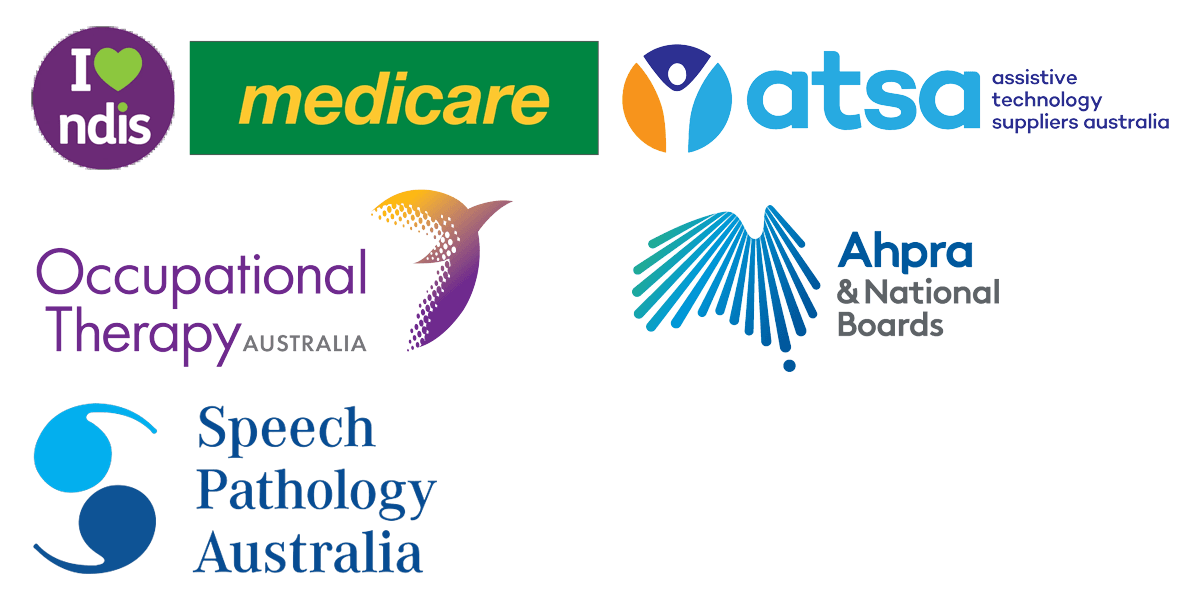Finding the right speech therapist for your family isn't always as simple as getting a referral. For Australian families, the journey to secure a skilled and compatible speech therapist for your child can feel challenging, especially when it comes to understanding which factors really matter. While many families might start with a recommendation from a doctor or paediatrician, there's more to consider to ensure your chosen therapist has the right experience and a suitable approach.
This guide breaks down how to find a good speech therapist and the essential factors that will help you make an informed decision and, ultimately, help your child make meaningful progress.
Your Child's Specific Needs
Speech therapy encompasses a broad range of skills and specialisations. Some therapists focus on language development and communication disorders, while others work with issues like cognitive-communication, social skills, or even feeding and swallowing challenges.
Knowing your child's specific needs will be your starting point because not all therapists are equipped to handle every type of speech or communication issue. For instance, if your child is struggling with early language skills, a therapist specialising in young children's speech development could be the right choice. However, if they're dealing with more complex challenges, such as social communication or feeding issues, a therapist with targeted experience in these areas is highly recommended.
Take time to ask potential therapists about their qualifications and areas of speciality. Remember, you're looking for someone who not only has the credentials but also has specific experience working with clients similar to your child.
Options for Therapy Setting
School-Based Therapy
For many families, school-based therapy is an accessible and affordable option, especially since many schools offer some level of speech therapy for students. When your child receives therapy through school, the therapist has the added advantage of observing your child in their daily environment and working closely with teachers to track progress and adjust strategies.
However, school-based therapy often comes with its own set of limitations. Many schools are stretched thin when it comes to speech therapy resources, which can mean larger group sessions, waitlists, and limited one-on-one time.
While group therapy has its benefits, such as social interaction and a shared learning environment, it might not be ideal for children who need more personalised care. If your child thrives in smaller settings or needs individualised attention, a school-based program might be helpful but may not be enough on its own.
Private Practice Therapy
On the other hand, private practice clinics offer more personalised services, with therapists who can create a program specific to your child's goals and strengths.
Private speech therapy tends to be more flexible, allowing families to schedule sessions at times that suit them. You also have more options when it comes to selecting a therapist, so you have a better chance of finding someone who truly aligns with your child's needs and personality.
A private therapist often develops a strong bond with your family, keeping you closely involved in your child's journey. Many clinics encourage parents to attend sessions or take part in progress updates, which helps them feel informed and gives them the tools to support their child's therapy at home.
In Australia, NDIS funding can be used to pay for courses and services (including speech pathology) that improve communication skills and NDIS can also be used to acquire vital communication devices. NDIS can also be used to fund services that lessen the effects of a communication disability. For many families, the personalised, consistent support that private practice offers if of tremendous value.
University Programs
Another option that balances cost and quality is working with a university speech and hearing clinic. Many Australian universities offer speech therapy programs where students provide care under the supervision of a licensed speech-language pathologist. While this option is often more affordable, it may involve working with different student therapists as they rotate through their training. However, the sessions are supervised by professionals, so you can still expect quality care.
In-Person vs. Online Speech Therapy
In recent years, telehealth has become an increasingly viable and popular option for speech therapy. With online therapy, your child can receive the same level of care they'd get in a clinic but with added conveniences that are especially helpful for busy families.
Most children can often feel more comfortable at home, making it easier for them to engage fully in sessions. In addition, online therapy eliminates the need for travel, which can be a great advantage for families in remote areas or those with packed schedules. It also offers other unique benefits, such as flexible scheduling, which means you may be able to book sessions on evenings or weekends if needed.
However, finding online therapy requires additional skills beyond traditional therapy. Therapists must be able to adapt their techniques to work virtually and know how to involve parents or caregivers, which can be vital for building progress outside of therapy sessions.
Good online therapists may use digital tools and activities to keep sessions interactive and engaging, such as virtual whiteboards, interactive games, or even screen-sharing for certain exercises. They will know how to capture and hold your child's attention, making remote sessions effective and enjoyable.
Finding a Therapist Near You
Here are a few ways to find a qualified speech therapist in your area:
Doctor or Paediatrician Referrals
Your family doctor or paediatrician is an excellent starting point. They will most likely have networks of trusted therapists they can refer to you. If your child has already received a diagnosis, the doctor may even have specific recommendations based on the type of support your child needs.
Insurance Company Lists
If you have private health insurance, contact your provider to see if speech therapy is covered. Many insurance companies maintain lists of in-network providers, making it easier to find an affordable therapist. This is also a good time to ask about specific coverage limitations, such as session caps or additional out-of-pocket costs.
Online Directories
There are several online resources where you can browse and compare speech therapists based on your location and their qualifications. For instance, Speech Pathology Australia has a list of certified, practising speech pathologists available to the general public.
University Clinics
If cost is a significant concern, you can check with local universities that have speech therapy programs. These programs are a reliable yet budget-friendly alternative. While your child will work with students in training, these sessions are closely supervised by qualified pathologists.
Making Your Decision
When you've narrowed down your options, take some time to speak with each therapist. Don't hesitate to ask questions about their experience with similar cases, their methods, and how they involve parents in the process.
Ultimately, you're looking for a therapist who not only has the right qualifications but also makes you feel comfortable and informed, so take your time with the process. Finding a therapist who truly fits your needs can be a transformative step in your child's journey.
























